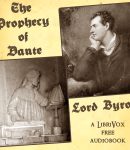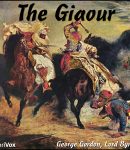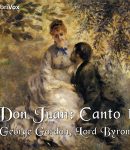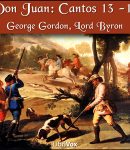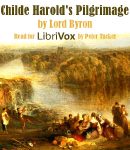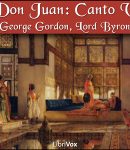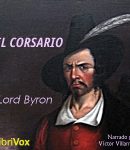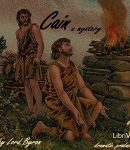
Cain: A Mystery
Cain: A Mystery is Lord Byron’s retelling of the classical Biblical story from the point of view of its antagonist. Undoubtedly influenced by Milton’s Paradise Lost, Byron’s Cain is defiant and questioning. In trying to come to terms with the mortality humanity has been punished with, he comes face to face with Lucifer, who takes him to the “Abyss of Space,” shows him a vision of Earth’s violent natural history, and gives him a true understanding of death. Upon his return, a devastated Cain carries out the familiar end of his tragedy. Cain: A Mystery is a closet drama, a popular form for Romantic writers, where the script is not intended to be performed onstage, but rather read aloud with a small group. – Summary by Sarah Terry With the voices of: alanmapstone as Adam, Peter Tucker as Cain, Beth Thomas as Abel, Libby Gohn as the Angel of the Lord, Mike Cantrell as Lucifer, TriciaG as Eve, Mary Kay as Adah, Amanda Friday as Zillah, and narrated by Availle. [chương_files]
